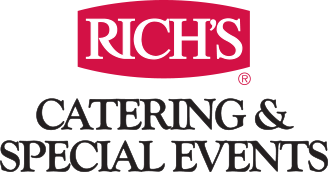Choosing the right venue for an upcoming corporate event can seem overwhelming. There are many details that matter, whether you’re planning an industry conference or holiday party. To ensure you’re choosing an event venue that will showcase your organization and delight guests, consider these factors.
1. Location
The best location for your event depends on who will be attending. An employee-only event should be near the office and easily accessible via public transportation. Conferences, trade shows and conventions require convenient locations near the airport and comfortable accommodations. This is true whether attendees are industry professionals or all members of your company, such as regional sales representatives.
2. Capacity
Have a rough estimate of the number of guests you’re expecting before choosing an event venue. Picking a venue that’s much too small creates an uncomfortable atmosphere, as does choosing a space so large attendees feel dwarfed by it.
3. Amenities
Very few venues will have each and every amenity your company desires. Prioritize which amenities are most important to your event and its attendees when choosing a venue.
Parking. Look for locations that provide ample parking, or have ready suggestions for alternatives. Shuttle pickup and drop off points, ride sharing discounts and reserved spaces in a nearby public parking lot can all compensate for a location without parking.
Seasonality. Some spaces are meant for warm summer days, while other are more comfortable when it’s chilly outside. Pick a space appropriate for the time of year you’ll be hosting your event in. Ask how each venue prepares for inclement weather and accommodates events during rain, heat, snow and cold.
Layout. The location and accessibility of entrances, restrooms, tables, stage, bar and serving stations affect the flow of an event. Dedicated quiet spaces tucked away from the main event are also a welcome amenity.
Kitchen. Depending on the caterer you’re using and menu you wish to serve, a venue’s kitchen may sway your decision. Well-equipped kitchens allow for fresh, hot food and gives you a wider array of caterers to choose from for your event.
Décor. Many venues do not include décor or lighting. This gives your company a blank slate, but can also tie up resources of funds and time. At the other end of the spectrum are venues decorated year-round. Of course, there are plenty of venues in between these two extremes.
Technology. The acoustics, audio/visual capabilities and Wi-Fi accessibility are of varying degrees of importance, depending the nature of your event. For speaker series, award shows and conferences, these elements will be more important than at a corporate party.
4. Preferred Vendors
Many spaces will require the use of specific vendors, from event planners to caterers. Take these restrictions into consideration before choosing the right venue for your event.
5. Ambiance
There are numerous venues to choose from when event planning. However, spaces that seem equal (in location, in size, in accessibility, in cost, etc.) may be very different because of their ambiance. One of the easiest ways to eliminate options is to establish what atmosphere you want to create for your guests. Should your event be professional, casual or private?
6. Budget
Take into consideration the cost of a venue, any additional fees they charge for your type of event and the cost of creating the atmosphere you wish. While a venue may seem cost-effective, using the space’s preferred vendors, contracting rentals, providing transportation and purchasing additional insurance can be costlier than a more expensive venue with additional details included in the base price.
7. Sustainability
Some companies value putting on “green” events. If your employer or client wishes to reduce the environmental impact of their corporate event, picking a venue with a focus on sustainability is a good place to start.



